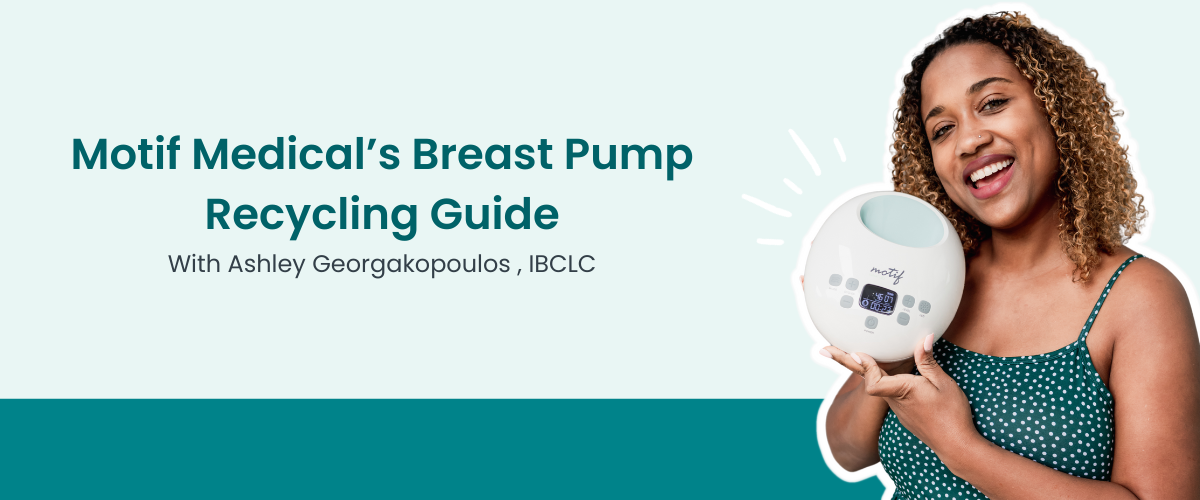For generations, and differing in many countries, foods, lactation teas, and supplements have always been the subject for helping breastfeeding moms achieve a healthy milk supply and produce enough milk, cutting certain ones out to reduce baby’s gas and tummy aches, and in some cases, to stop lactation. The majority do not have any evidence in truth or efficacy.
The first and main rule in milk supply is removal of milk, as the more milk removed signals the body to produce more. The second is the frequency in having the “order placed” through adequate stimulation and opportunity. If there is a deficit within either factor, supply will struggle. Milk supply is often a point of anxiety and concern. Having information on how to assess for a healthy supply and what to do if there is low milk supply is important, and the source of that information is just as important.
Side note from the author: While gathering information and checking resources for this article, there were endless sources of bad information to sort through, even from other medical professionals, that were not based in any research-based evidence, and most often seen first when searching the internet. An International Board Certified Lactation Consultant credentialed professional is required to give ONLY research-based information!
There are no specific foods, superfoods, or "best foods" to increase or select in order to produce milk or maintain breastmilk production.
However, among the many myths that circulate about milk supply, in particular, there is some basis in truth to a few that may address certain medical issues attributing to milk production issues. These exceptions have contributed to the myths, products, and misconceptions surrounding milk supply for new moms. Let’s break it down to myth versus fact:
Myth 1: Increasing Water Intake and Sports Drinks to Boost Milk Supply
Truth: Severe dehydration would, in fact, eventually affect supply and lactation. However, just like in pregnancy, the body prioritizes the baby’s needs, and in this case breast milk production. In other words, other systems of the body would be affected first, and after significant dehydration.
The recommendation is to “drink to your thirst.” Aim for 8-10 cups of water a day for your own healthy hydration. There is no need to drown gallons of water, or have a particular color sports drink, as there would not be a change in production, just many bathroom trips.

Myth 2: Oatmeal & Oatmeal Products for Milk Supply
Truth: Another with a factual basis, but not for what many attribute it for. For example: If 6 months later a breastfeeding mother is struggling to pump milk, the answer does not lie in a lot of oatmeal or lactation cookies to produce more or enough milk.
Oatmeal, along with leafy greens, meats, legumes, flax seed, brown rice, and other whole grains, is a great source of iron and B vitamins. Iron deficiency anemia and hemorrhaging, say, from a difficult birth or major surgery, can both affect the immediate ability to produce milk.
This would be something addressed immediately postpartum at the 6-week postpartum checkup. In many cases, however, this is not going to be an issue 3+ months postpartum. Focusing on a well-balanced and nutritional diet will keep iron stores where they need to be.
In addition to iron, a mother needs healthy fats and calcium, especially newly postpartum. This is all to replenish her own stores and help with energy. Breast milk production is an independent function, and only takes hits nutritionally when the deficiency is severe.
Myth 3: Fenugreek, Fennel, and “Galactagogues”
Truth: While some report a difference in milk supply or pumping output, there is not enough evidence in research conducted to support their efficacy. In fact, Fenugreek (along with fenugreek seeds and fennel seeds) can actually interfere with heart issues and cause stomach aches in the baby. Many companies that produce teas and snacks for complementing the mother for breast milk production are, in fact, removing Fenugreek as an ingredient. It's important to be considerate of medications, health statuses, and dosage, when trying galactagogues.
Myth 4: Brewer’s Yeast
Truth: While this option is a good source of B vitamins and folate, there is simply not enough evidence to support its use specifically for breast milk production. Commonly found in beer and some baked goods, it was commonly given to new moms right after birth for milk production. This, along with fennel and lecithin, have been suggested to help release milk during the letdown response, as opposed to directly increase breast milk production.
Conclusion
In conclusion, the ultimate answer for a new mom and nursing mom to increase breast milk supply and output with a pump is:
- As a new nursing mother, get assistance with pumping technique and other breastfeeding concerns from a lactation consultant and/or IBCLC credential
- Make sure to have a new breast pump after each pregnancy
- Establish a good milk supply from beginning: frequency, no pain, consistency
- Replace membranes and valves on your breast pump regularly
- Implement an environment and routine that is conducive for relaxing, quiet, and positive sessions
- While breastfeeding and pumping, be aware of your medicines you may be taking. Some drugs can affect breastfeed milk quality and quantity. Commonly used medicines like antihistamines and decongestants, diuretics, hormonal contraceptives containing estrogen, and some weight loss medications may severely decrease your breast milk supply. Check with your doctor about alternatives.
Another great option for checking for contraindications and alternatives is a free tool provided by the National Institute of Health (NIH). With research-based information, LactMed is a database of thousands of medications, both over-the-counter and prescription, specifically addressing the relationship to breastmilk quality and quantity. Visit https://www.ncbi.nlm.nih.gov/books/NBK501922/ or download their free app.








